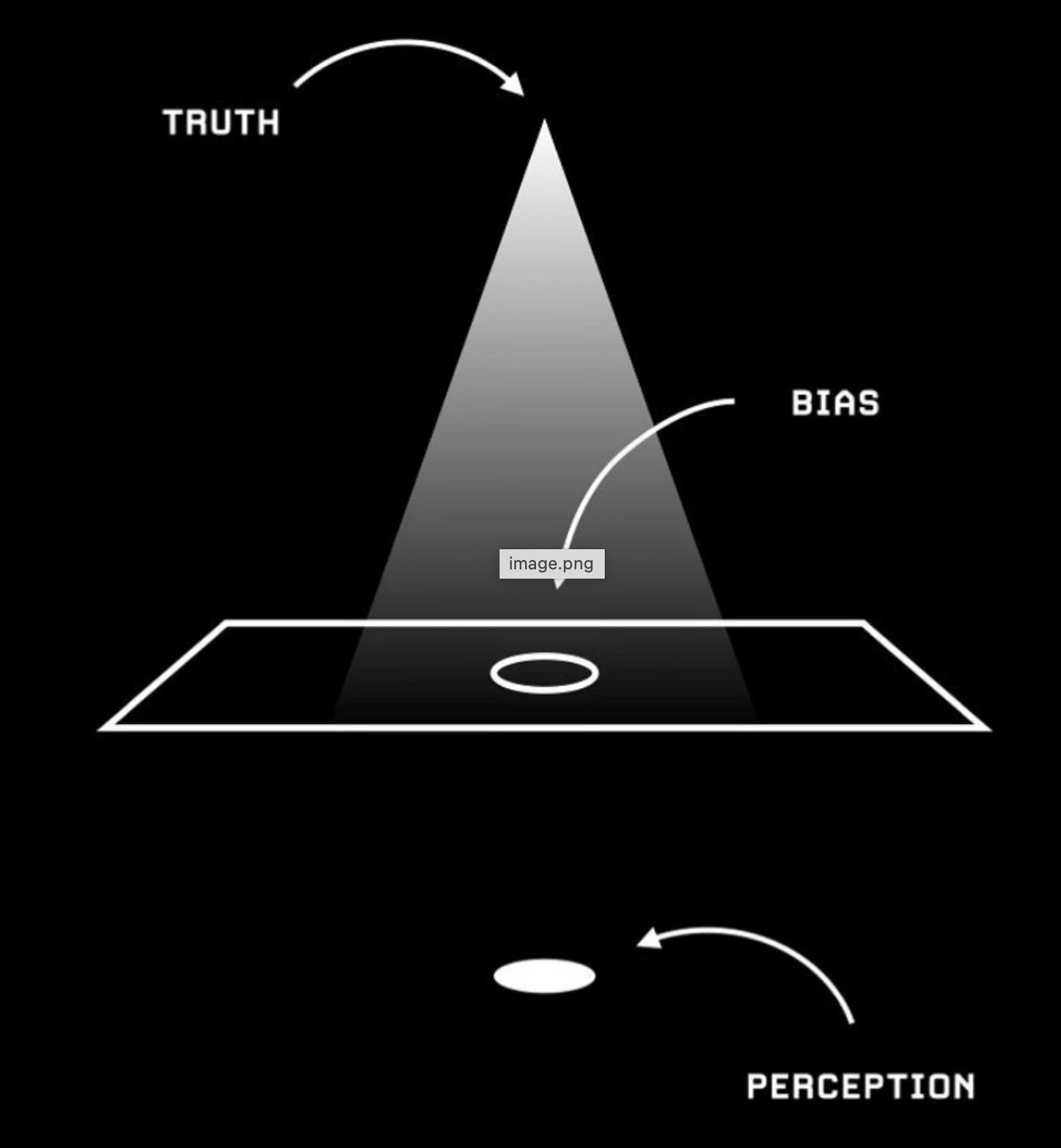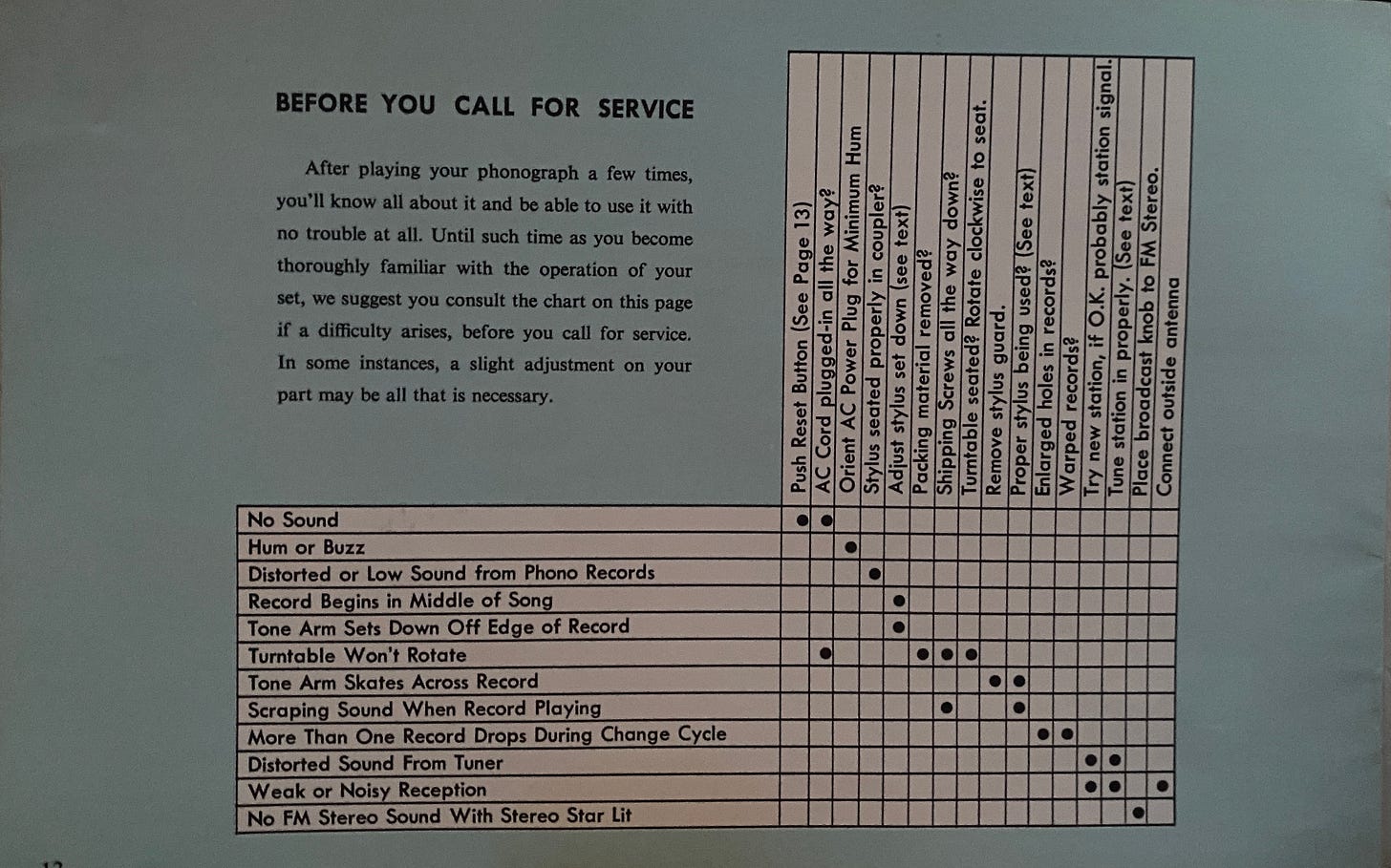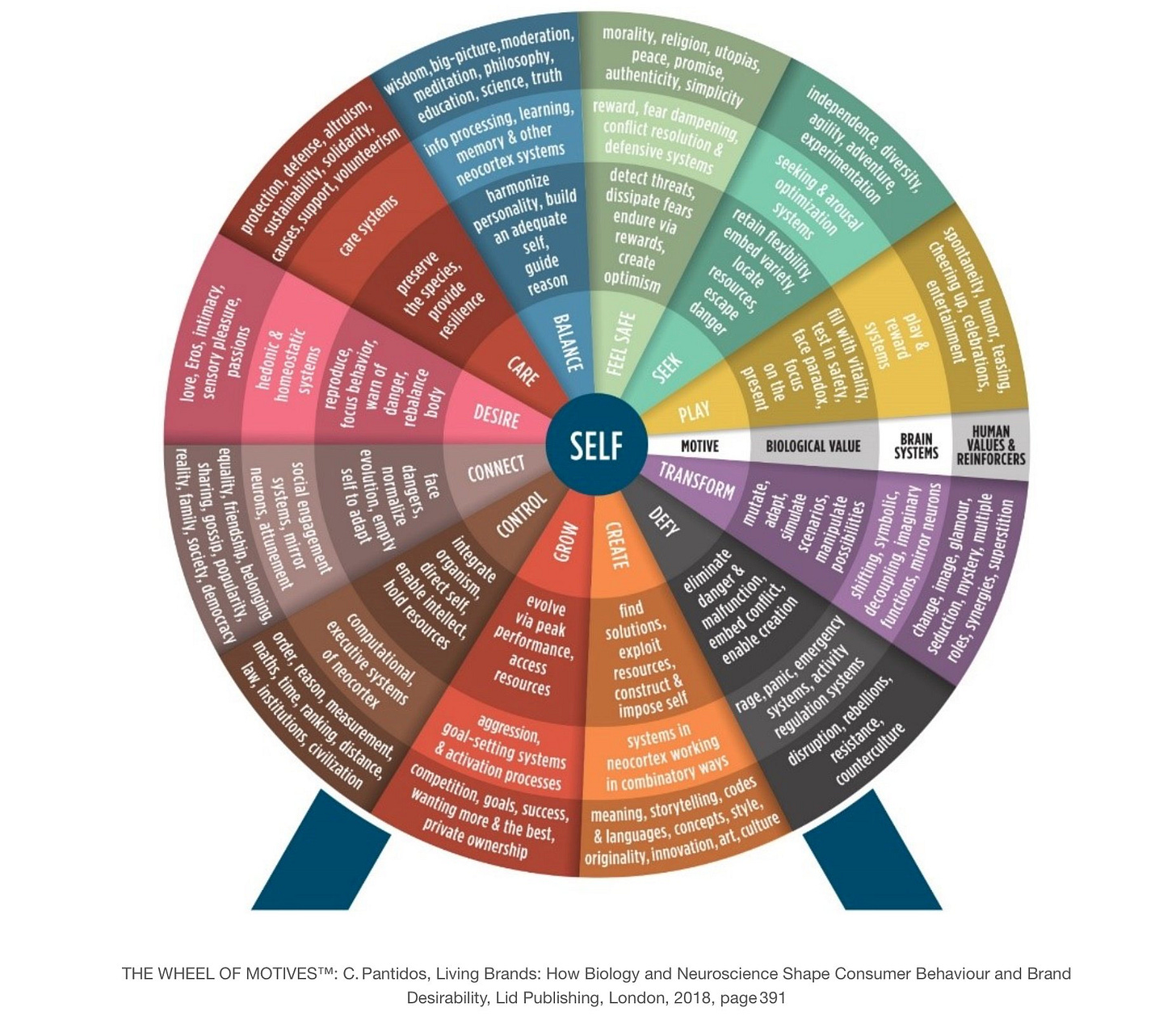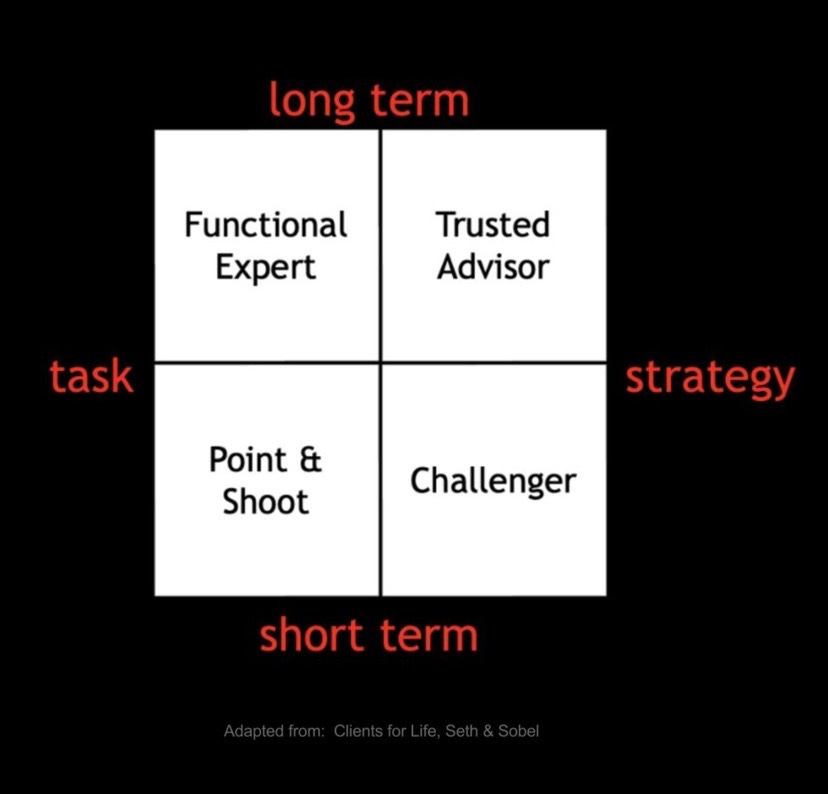STRAT_SCRAPS v58
The only thing we can know about the future is that it will be different from the present.
///
A SERIES OF HOT TAKES:
→ A single data point is always useless.
Insight comes from comparison.
→ “Objectivity is the ideology of the status quo”
…and should therefore not be the goal of journalists or planners. (this episode of Scene on Radio is worth a listen if you’re curious in unpacking that)
→ “Gluttony is the shallowest of the vices and being a gourmet is the most bourgeois of the virtues, and I’m just not that interested”
A quote from the best commencement speech I’ve ever encountered. Full speech here.
→ “If the medium you’ve chosen reaches the people you want to reach, and if your medium clearly carries the name of your brand, your money will not have been wasted.”
A reminder that advertising often gets asked to do more than it is meant for. This is not a failure of effectiveness but a failing of understanding of how mass communication works.
The Theory of Maximum Taste
I’m a big advocate for low brow media in most if not all forms. Especially books. Reading Twilight is better than not reading anything. Culturally we seem to have been convinced that reading has to be productive. Which is why people read dumb self help books, but also why reading can feel like a chore.
That said, I came across a thought recently that is probably the best counter argument to this point of view:
“The theory of maximum taste says that each person’s mind is defined by its upper limit—the best that it habitually consumes and is capable of consuming.”
So, go ahead and read Tom Clancy or Stephanie Meyer, but be aware of where your upper limit lays and be sure to test it often.
///
///
A cool site shared by a reader:
Thanks Aron.
A POINT:
As Hesz puts it:
“We’re ignoring the mainstream professionally because we so often flinch from it personally.” And yet “The middle” as Hesz reminds us, “remains where scale happens. The middle is where fame happens. Proper, your-mum-knows-about-it, fame. The kind of fame where when you walk outside the office and ask people about it and they know what you’re talking about. So much of what the advertising industry does now, if we’re being honest, fails that most basic test. Simply put, the numbers just don’t back up the extent of our obsession with the outer edges. For every limited batch craft beer, there’s a lot of lager still drunk. For every gluten free loaf, we still get through a whole load of oven chips. This isn’t about traditional purchases versus new ones, either. For every new digital platform we coo over, Facebook remains, in effect, the whole internet for approaching half of all UK internet users…”
///
A COUNTER-POINT
I recently was reminded of an idea I learned about in undergrad: A concept called the Hallin’s Spheres.
The idea being similar to the overton window. Things like “capitalism is good” have typically inhabited the middle (the sphere of consensus) in U.S. culture since the 1700s, but is starting to drift outwards. Until very recently, things like Trans rights have occupied the sphere of deviance and have been working their way inward.
The counterpoint being– fringe points of view often define the future of mass culture, and much of today’s mass culture is almost certain to drift away from being a consensus.
(A note: this is a good cultural study research prompt: what topics are currently on the move, be it inward or outward?)
A book to read:
An article by Jeremy Bullmore that is worth a read (as is most of what he’s written)
An excerpt:
“To be reminded just how unlikely we are to make a catastrophic error is to be liberated”
Something I found…
…in an instruction manual for a record player/hutch piece of furniture from an era before instruction manuals were garbage.
I really like this method of guiding the user to the right information.
It’s really interesting that Spotify (and podcasts in general) have escaped the dialogue about misinformation.
I know for a fact that I’ve been radicalized (further) due to various podcasts (“Behind the Bastards” “Behind the Police” & “It Could Happen Here” by Robert Evans, and Scene on Radio’s season 4: “The Land that Never Was Yet” to name a few).
But that has been a product of new knowledge and new lenses through which to look at our culture/history.
What about radicalization based on false information? Weaponized fake news that comes via audio rather than via facebook memes.
I dunno.
Thats the end of the observation…


















